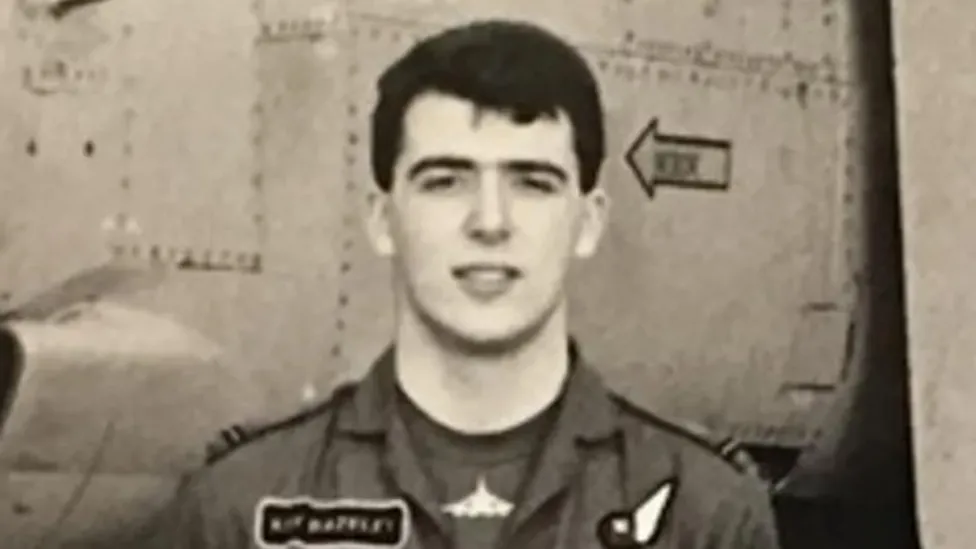In a recent heartfelt appeal, Kevin Bazeley, a former Royal Air Force navigator from Worcester, has brought to light the pressing issue of compensating gay veterans for the injustices they faced while serving in the UK military. The UK’s ban on LGBT individuals serving in the armed forces, a policy that stood until the year 2000, has left deep scars on many, including Bazeley, who was “hunted” and eventually arrested in 1994 due to his sexuality. The Prime Minister, Rishi Sunak, has acknowledged this dark chapter in the military’s history as an “appalling failure,” offering an official apology on behalf of the government. Yet, Bazeley fears that time is running out for many veterans awaiting compensation, stressing the urgency for the government to “act soon.”

The Shadows of the Past
Bazeley’s military career, which began with aspirations of flight, took a harrowing turn upon the realization of his sexuality. The fear of discovery and the subsequent “hunt” by armed forces police underlines a period marked by systemic homophobia and targeted discrimination within the military. His eventual exposure, precipitated by the loss of a wallet containing evidence of his membership in the Gay Bikers Motorcycle Club, led to his disgraceful dismissal. This story, emblematic of the broader struggles faced by gay service members, highlights the pervasive culture of fear, entrapment, and humiliation enforced by the military’s anti-LGBT policies.
The Etherton Report’s Revelations and Recommendations
The Etherton Report, an independent review into the experiences of LGBT veterans, sheds light on the “incomprehensible policy of homophobic bigotry” that marred the lives of 1,145 veterans between 1967 and 2000. The report’s findings, detailing instances of homophobia, sexual assaults, and even conversion therapy, have led to a set of 49 recommendations aimed at rectifying past wrongs. These include financial compensation, the restoration of medals, and the clarification of pension rights. With the government having already implemented over half of these recommendations, the push for further action, especially in providing monetary compensation for terminally ill veterans, is gaining momentum.
The Urgency of Now
As Bazeley and others await the government’s full implementation of the Etherton Report’s recommendations, the call for immediate action becomes ever more critical. The promise of compensation, particularly for those in the twilight of their lives, is not just about financial relief; it’s about acknowledging the dignity and sacrifices of those who served in silence. The government’s steps towards restitution and the restoration of honors lost in discrimination are a testament to the ongoing journey towards equality and justice within the military and beyond.
In light of the struggles and resilience of gay veterans like Kevin Bazeley, the need for swift, comprehensive compensation is undeniable. Their stories, emblematic of a broader fight for recognition and equality, underscore the imperative for the government to act with urgency and compassion. As the UK military continues to reconcile with its past, the hope for a more inclusive and just future remains steadfast.

